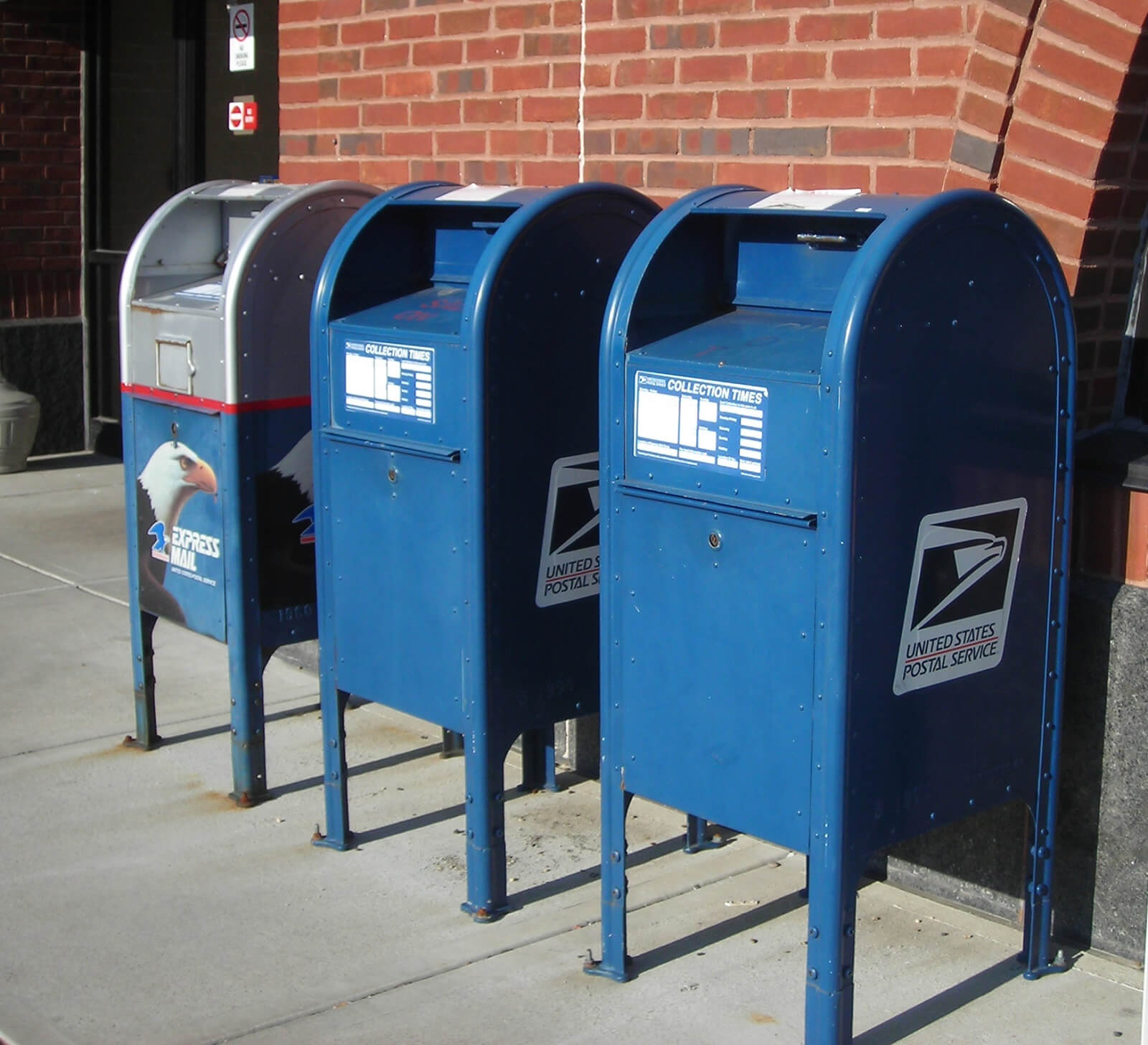Facebook has taken a lot of criticism for not doing more to stop Russia's interference in the US election. In the future, it's turning to low-tech ways of combating the spread of misinformation: using conventional 'snail' mail as a way of verification.
The social network's global director of policy programs, Katie Harbath, revealed the plan at a conference held by the National Association of Secretaries of State over the weekend. It involves verifying anyone who tries to buy ads related to United States elections by sending postcards out to them.
The cards will only be sent when the ads mention candidates running for federal office; they won't be used for advertisements based around political issues and state-level candidates. The postcards contain a code that recipients will have to enter to prove they are in the US.
Harbath didn't say exactly when the system will be ready, but she did say it would arrive in time for the 2018 mid-term elections in November.
There are, of course, ways around this verification process; foreign governments could simply use people with US addresses who are willing to help their cause. The Facebook exec admitted to Reuters that the postcards "won't solve everything," but they were the most effective method the company had come up with to prevent "casual" attempts by overseas governments to manipulate US elections.
Back in October, Rob Goldman, Facebook's VP of ads, said the platform was making advertising more transparent, and not just for political ads. A month later, it was revealed that Facebook was creating a new tool to show which Russian troll accounts users Liked or followed.
